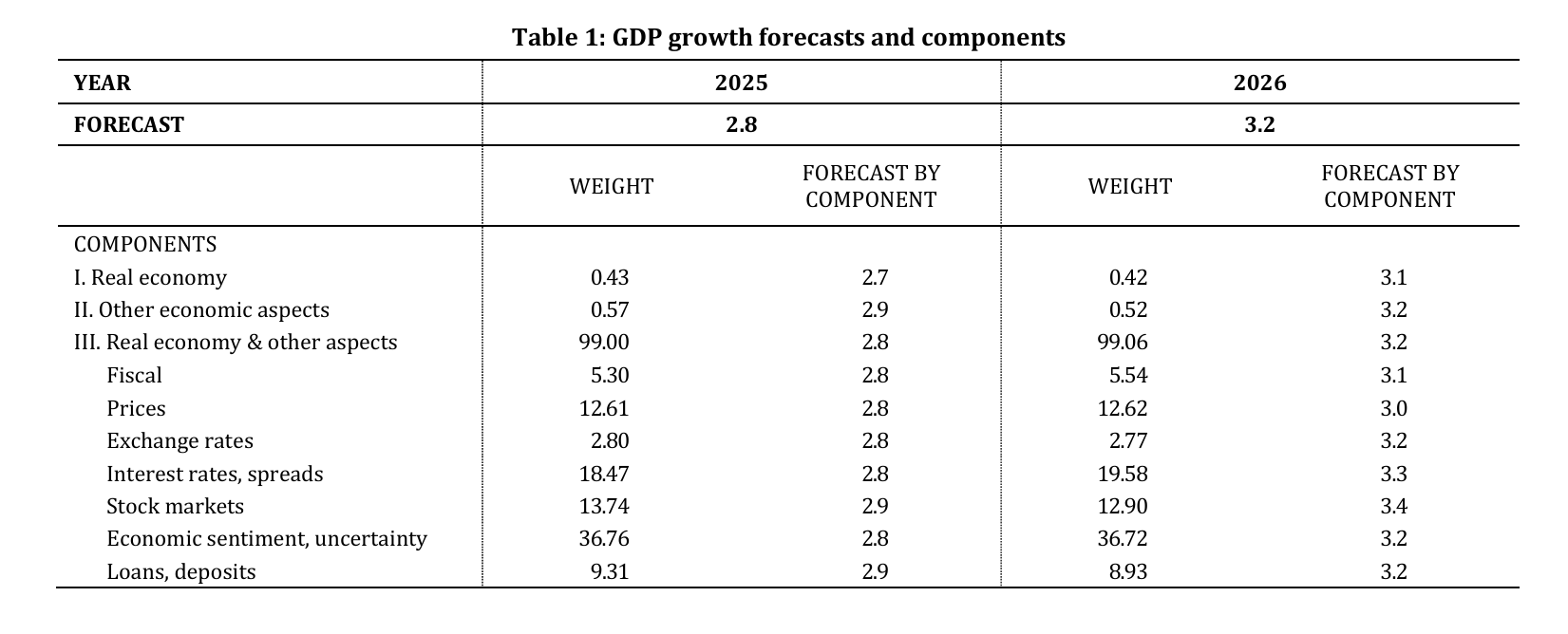Growth is projected to moderate from 3.4% last year to 2.8% this year, before improving to 3.2% in 2026, according to a quarterly economic survey by the University of Cyprus, that has revised down earlier projections.
The university’s Economics Research Centre said that Cyprus’s robust economic performance in 2024, along with disinflation and declining interest rates, is expected to support growth in the coming quarters.
However, according to the ERC April Economic Outlook, growth in trading partner economies has remained muted, while trade policy uncertainty has been on the rise since January, weighing on domestic growth prospects.
Compared to the January issue, the growth forecast for 2025 has been revised downwards by 0.5 percentage points, driven by both domestic and external developments.
On the domestic front, the outlook was affected by lower-than-expected growth in the last quarter of 2024 and a slight weakening in some leading indicators in the first quarter of 2025.
Muted growth and subdued economic sentiment in trading partner economies, along with elevated trade policy uncertainty, also dampened the outlook for Cyprus.
Nevertheless, the labour market performance has remained robust and financing conditions have eased further, leading to a slightly higher growth rate for 2026 (by 0.2 percentage points) compared to the January issue.
Inflation (based on the Consumer Price Index) is projected at 1.5% in 2025 and at 1.8% in 2026. Compared to the January issue, the forecast for 2025 has been revised downwards by 0.2 percentage points, mainly owing to low inflation in Cyprus during February and March, and new declines in international oil prices in the first quarter of 2025.
The inflation forecast for 2026 has been revised upwards by 0.2 percentage points, as domestic activity growth is expected to pick up.
Since the January issue, trade tensions have escalated, leading to increased volatility in international financial markets.
Elevated uncertainty surrounding international trade policies, coupled with existing geopolitical uncertainties, has considerably clouded global growth prospects, raising the risk of slower growth in Cyprus compared to the forecasts provided in this issue. 








